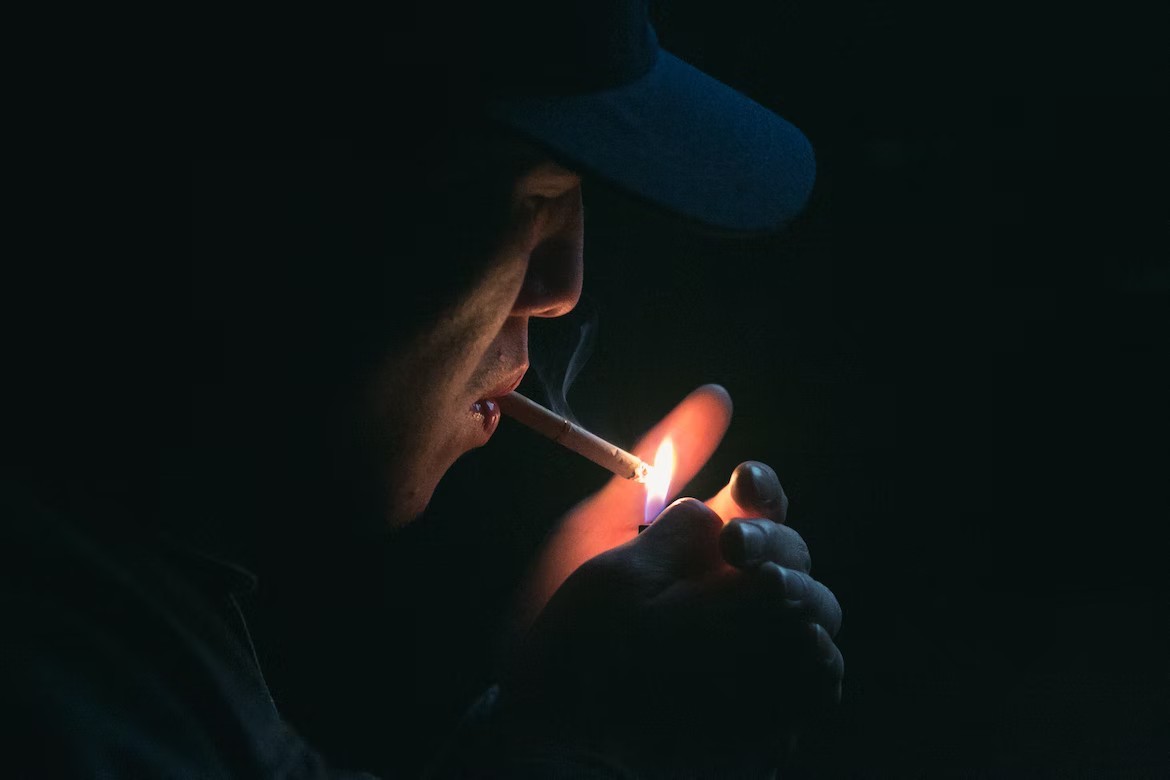Alcohol and cannabis are widely used in the UK, with 82% of adults having consumed alcohol in the past year and 7.6% using cannabis. While not everyone mixes these substances, it is not uncommon. Both alcohol and cannabis have their risks, and combining them can amplify these dangers. Alcohol affects the brain by releasing neurotransmitters like dopamine and serotonin, causing relaxation and euphoria. However, heavy drinking can lead to mood swings, aggression, anxiety, and long-term damage to the liver, heart, and brain. Cannabis, on the other hand, affects cannabinoid receptors, producing euphoria and relaxation, but also causing anxiety, paranoia, and physical effects like increased heart rate and dry mouth. The combination can lead to severe cognitive impairment, poor coordination, and increased likelihood of risky behaviours.
Risks and Consequences of Mixing Alcohol and Cannabis
Mixing alcohol and cannabis enhances the effects of both substances, leading to greater impairment and higher risks. This combination can result in increased blood pressure, nausea, and a higher concentration of THC, the psychoactive component of cannabis, in the blood. This can amplify the effects of cannabis to dangerous levels, especially when combined with alcohol’s impairment of judgment. Short-term risks include accidents, poor decisions, and potential overdose. Long-term use of both substances can cause severe health issues, such as liver damage, respiratory problems, and mental health disorders like depression and anxiety. Dependency on one or both substances is also a risk. Additionally, regular use can harm work, studies, and relationships, further affecting mental health. Seeking professional help is crucial for those struggling with the combined use of alcohol and cannabis.
Short and Long-Term Dangers
Short-term dangers of mixing alcohol and cannabis include distorted perception, impaired cognitive and motor abilities, poor judgment, slowed reflexes, and increased likelihood of accidents, injuries, and risky behaviours such as unprotected sex or violence. There is also an increased risk of overdose and experiencing severe anxiety or paranoia. Long-term use of both substances can lead to tolerance, dependence, addiction, and significant damage to the brain and organs. Mental health issues like depression, anxiety, and psychosis can also develop or worsen. Additionally, the combined use can affect work, studies, and relationships, exacerbating mental health problems.
Seeking Help and Treatment
Combining alcohol and cannabis can have a severe impact on mental health. People with a history of mental health issues or a genetic predisposition to addiction are more prone to experiencing negative effects. Treating both addictions simultaneously is essential for effective recovery. Professional help, including a medical detox and comprehensive rehabilitation programme, is recommended. We offer bespoke treatment plans to address dual diagnoses, underlying trauma, and behavioural issues, providing ongoing support to prevent relapse and ensure long-term recovery. If you or a loved one struggles with these substances, contact our team for confidential, expert advice.
Effects of Mixing Alcohol and Cannabis
Research suggests that even small amounts of alcohol can significantly increase THC levels in the blood. A 2015 study found higher peak THC levels in participants who consumed alcohol before inhaling THC, regardless of the THC dose. However, a similar study in 2010 did not observe this effect, highlighting the need for more research. Additionally, studies on using cannabis before drinking alcohol are inconclusive. Some evidence indicates that cannabis may slow the absorption of alcohol, delaying feelings of drunkenness and potentially increasing the risk of overestimating one’s sobriety, which can be dangerous, particularly when driving.
Long-Term Risks of Combined Use
Combining alcohol and cannabis may lead to higher consumption of both substances, increasing the risk of dependence. Studies indicate that using both can impair cognitive functions more than using either substance alone. Long-term use is associated with decreased cognitive function and changes in brain structures like the hippocampus. Research also shows that combining these substances significantly impairs driving performance. In a study, participants showed worse driving simulation scores when combining THC with alcohol, underlining the dangers of driving after using either substance. Overall, the evidence suggests significant risks with regular combined use of alcohol and cannabis.
Getting “Cross-Faded”
Being intoxicated from alcohol and high from marijuana simultaneously is often called being cross-faded, with other slang terms including crunk, faded, blitzed, and blasted. A survey of young adults aged 18 to 23 found that while most viewed being cross-faded as moderately risky and undesirable, over 18% considered it appealing. Drinking alcohol before smoking marijuana increases THC absorption, intensifying its effects. Studies show that alcohol consumption before marijuana use leads to significantly higher blood concentrations of THC and its primary active metabolite than cannabis use alone. The experience of being cross-faded varies; some may not find it uncomfortable, while others may face adverse effects.
The combination of alcohol and marijuana can lead to “greening out,” an undesirable reaction with symptoms such as nausea, vomiting, sweating, and dizziness. Psychological symptoms like anxiety and distress can also occur, and these effects may be more pronounced with edible marijuana. Edibles take longer to digest, causing a delayed onset that might lead users to consume more than intended, resulting in a prolonged, intense high. In extreme cases, edibles have caused hallucinations, delusions, and other psychotic reactions. Using marijuana before drinking alcohol can impair the ability to gauge alcohol intoxication, potentially leading to dangerous situations like driving under the influence.





